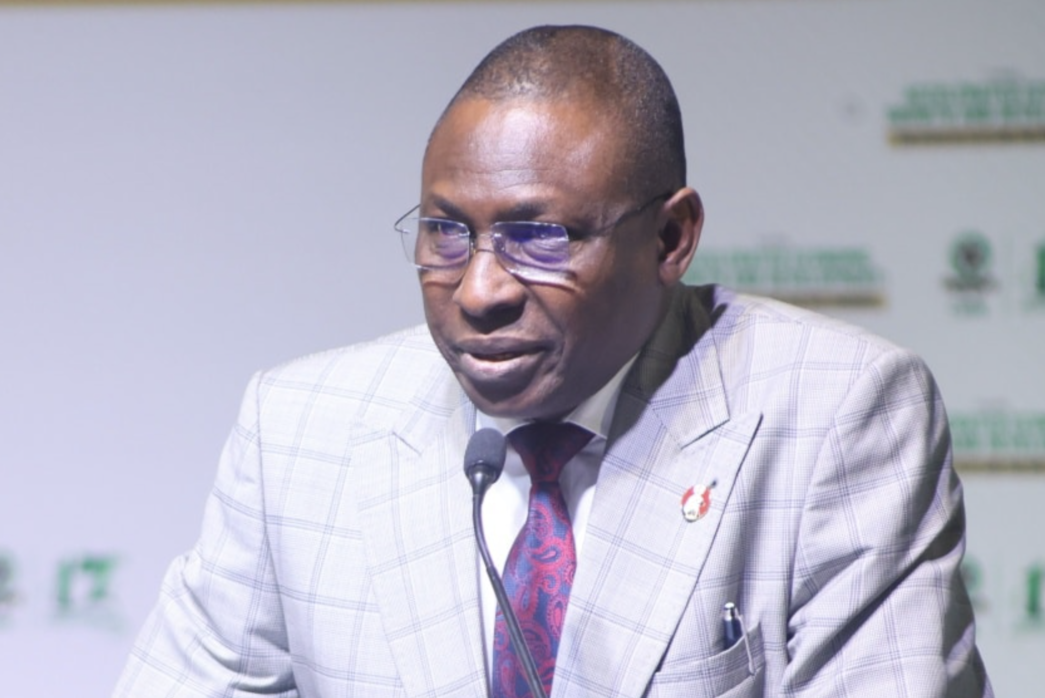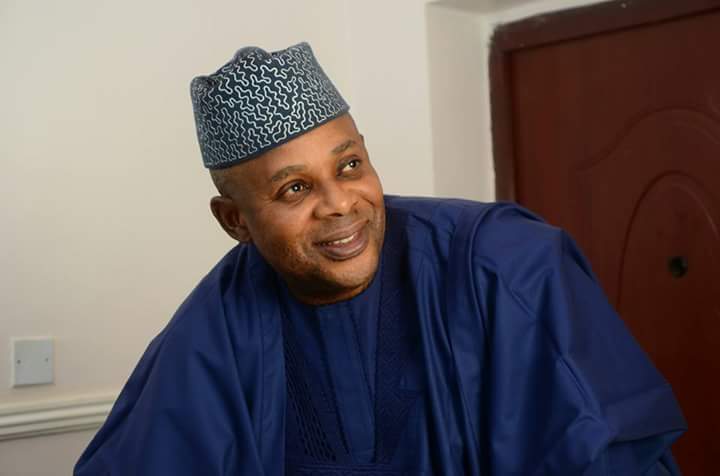BY TONY EGBULEFU
The Economic and Financial Crimes Commission, EFCC like any other brand that places value on its name and reputation would usually confront and take down hurdles on the path of its cherished values and glory. Not doing so would be a negligence that could impair its respectability and dim its shine in the public space. Dishonest employees are one of the biggest risks to organizations’ successes. Therefore, dealing with them as an institutional problem is a necessity that requires will, strong and righteous leadership.
The sack of 27 errant officers of the EFCC has come and gone. What is hoped to endure in the consciousness of members of the public and particularly the officers of the Commission is the message the sack leaves; the lessons that are learned and the clear understanding of the mindset of Ola Olukoyede, the man with the winnowing fork at the Commission’s helm of affairs.
From his day one in office, Olukoyede has proved not to be a man of vain jangling and empty rhetoric. He walks his talk in his policy objective of deployment of the anti-corruption fight in stimulating rather than hobbling the economy; so also in the observance of the rule of law, greater professionalism in the anti-graft war, the improvement of asset recovery, prioritization of fraud prevention, the no sacred cow policy, entrenchment of integrity in Nigeria’s financial sector and cyberspace, staff welfare and capacity building. Coming further down to specifics, his dismissal of the 27 officers in one year testifies to his zero-tolerance to unethical practices on the part of the Commission’s officers who should rather exemplify probity as anti-graft crusaders.
In the light of the primary place of the right values in the Commission’s officers, the EFCC boss spares no opportunity to reinforce the fact that enforcement of ethical behaviours in his officers are of high priority to him.
Advertisement
He declared his assets before he could even buckle down to work upon his appointment and stipulated that all staff members must follow suit. In making the stipulation, he observed that fighting corruption required those at its vanguard to be above board and to live by what they preach.
“All of us are going to declare our assets; from level 17, downward. You all may also have done it in the past, but there’s need for all of us to do it again. We will declare our assets, and we are going to investigate it. We must live above board by setting the pace with good examples. As anti- corruption fighters, our hands must be clean, so we must declare our assets. Let our hands be clean and let’s put our house in order. Some may not like me, but I am going to do the right thing,” he declared six days into the job.
Besides the 27 that he has given the boot, 10 officers of the Lagos Directorate as of writing are in detention. The officers who were arrested in the first week of January on the orders of the Executive Chairman are answering questions related to the whereabouts of some operational items put under their watch that they could no longer account for. It is a given that those found culpable at the end of the investigation will be subjected to the laid down disciplinary rule. Thankfully, Olukoyede has created a strong code of conduct that spells out acceptable conducts and the penalties for breaking them.
Advertisement
Announcing the dismissal of two of the Commission’s officers at the annual Criminal Law Review Conference, organised by the Rule of Law Development Foundation last November in Abuja, Olukoyede stated that the weeding process of rogue elements in the Commission was a practice that has come to stay under his leadership, aimed entirely at self-cleansing. Those dismissed for outright criminal behaviours will further have the misfortune of undergoing prosecution by the Commission, he added. “You can’t fight corruption with dirty hands. He who comes to equity must have clean hands. I will not only dismiss corrupt staff members but will also prosecute them, as we do with others,” he said.
While the Commission has the Department of Internal Affairs- an internal moral police department that monitors and enforces discipline and ethical values among the officers-Olukoyede had to change its name to the Department of Ethics and Integrity (DEI) to enable it ring loud and true to its duties and essence in the minds of the department’s officers and all officers of the Commission.
As he continues to receive plaudits for dropping off the 27 bad eggs, it must be stated that there is a huge risk in opting to abide dishonest employees. Organisations must realize that one of the tendencies that make a rogue out of an employee is that he feels no scruples in straying out of line to commit sabotage, fraud, theft, compromise data security and confidentiality and commit corruption. Dishonest officers of the Commission seek to create a toxic work environment that can negatively impact the morale and productivity of other officers.
In Olukoyede’s EFCC, these anti-social behaviours and any appearances of them are unforgiveable sins. He treats them as such in order to preserve a positive work culture in the Commission and to safeguard the Commission’s name and reputation which are its most valuable assets, and guarantee public trust in the Commission and its anti-corruption crusade. For these, the EFCC under him will continue to smoke out and flush out dishonest employees. It is cheery that he has stated in no unclear terms and on record that the winnowing would be without ceasing to save the Commission from reputational damage and erosion of public trust as a result of the rogue activities of few undesirable elements in its fold.
Reward and punishment are at the fulcrum of Olukoyede’s relationship with officers of the Commission. In a year that he shoved out 27 dishonest officers, he ensured in another breath that all staffers without exception who were eligible for promotion went through the process. While there is an ad hoc Staff Disciplinary Committee that packs a sting against reprobate officers, he has equally put in place a system of reward for hard work, excellence and diligence in the workforce.
Advertisement
When dishonest officers of the Commission are allowed to continue with their misconduct, it sends a message to diligent ones that unethical behaviours can be tolerated. While this can lead to a decline in motivation, and job satisfaction, it can ultimately affect the Commission’s overall performance outcomes and sustainability. Obviously, Olukoyede is in no mood for such.
Egbulefu is of the public affairs department of the EFCC.
Views expressed by contributors are strictly personal and not of TheCable.
Add a comment










